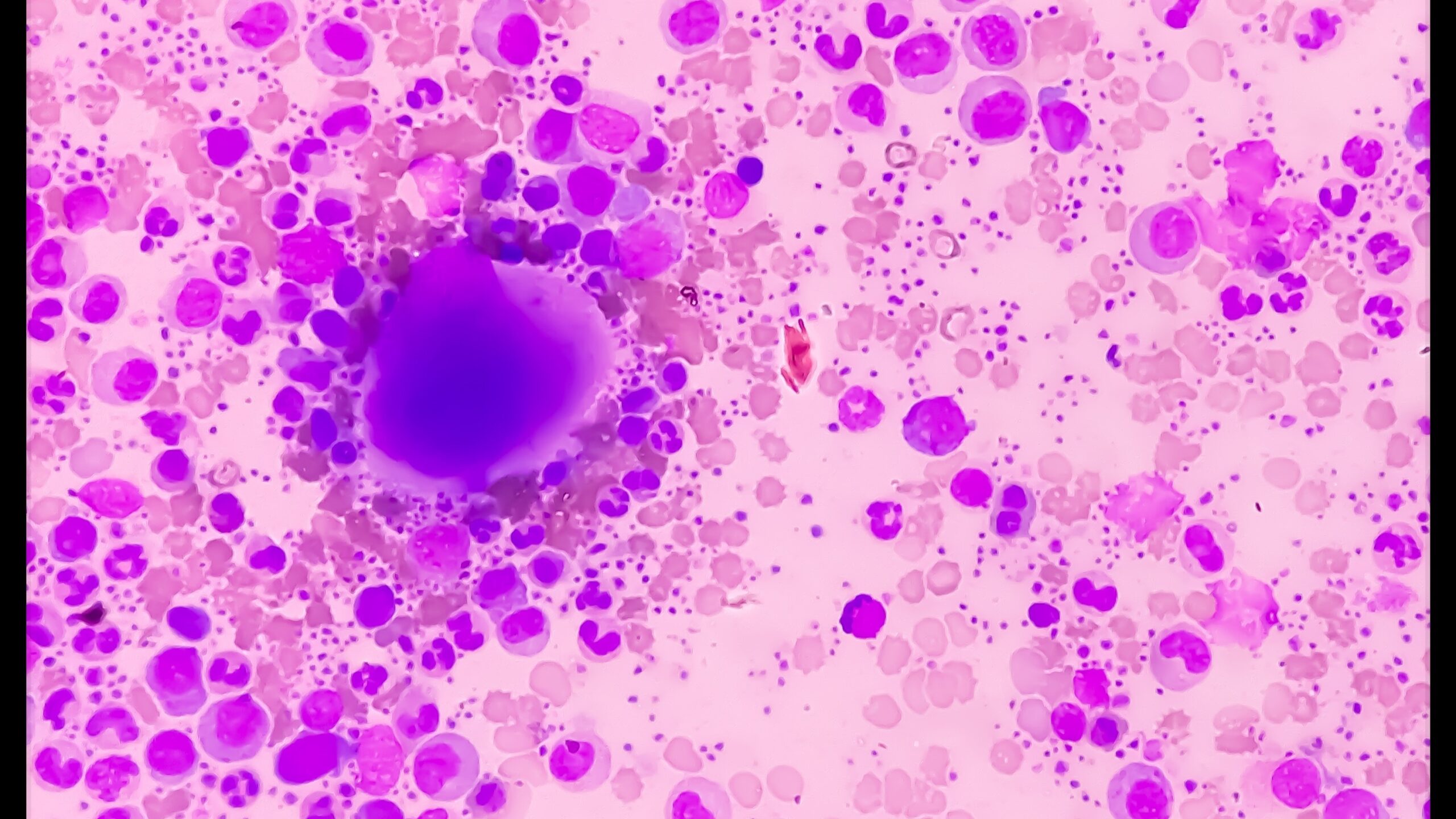
Blockage of CTLA-4, an immune checkpoint receptor on T cells, appeared to boost the cytotoxic T-cell–mediated immune response against myelofibrosis (MF) cells in human xenografts, according to a study published in the American Journal of Hematology.
The study investigated cytotoxic T-cell exhaustion in MF as a means of restoring immune response against malignant cells, said the study’s lead author, Lara Tavernari, MS, of the University of Modena and Reggio Emilia in Italy.
Tavernari and colleagues noted that cytotoxic T cells from patients with MF had increased expression of inhibitory receptors like CTLA-4 and reduced secretion of interferon gamma and tumor necrosis factor alpha.
Additionally, two ligands of CTLA-4, CD80 and CD86, were increased on granulocytes and monocytes, “highlighting a possible role for myeloid cells in suppressing T-cell activation” in patients with MF, according to the authors.
Compared with healthy samples, the activation of cytotoxic T cells was reduced around myeloid cells in samples from patients with MF. T-cell activation in MF was restored when T cells were cultured alone or treated with CTLA-4 blockers.
“Moreover, anti–CTLA-4 treatment promoted elimination of neoplastic monocytes and granulocytes in a co-culture system with cytotoxic T cells,” Tavernari wrote.
The researchers tested in vivo CTLA-4 inhibition in xenografted mice and found CTLA-4 blockade reduced chimerism and increased T-cell expansion in spleen and bone marrow.
“Overall, these findings shed light on T-cell dysfunction in MF and suggest that CTLA-4 blockade can boost the cytotoxic T-cell–mediated immune response against tumor cells,” Tavernari and colleagues concluded.
Reference
Tavernari L, Rontauroli S, Norfo R, et al. Targeting exhausted cytotoxic T cells through CTLA-4 inhibition promotes elimination of neoplastic cells in human myelofibrosis xenografts. Am J Hematol. 2024. doi:10.1002/ajh.27428

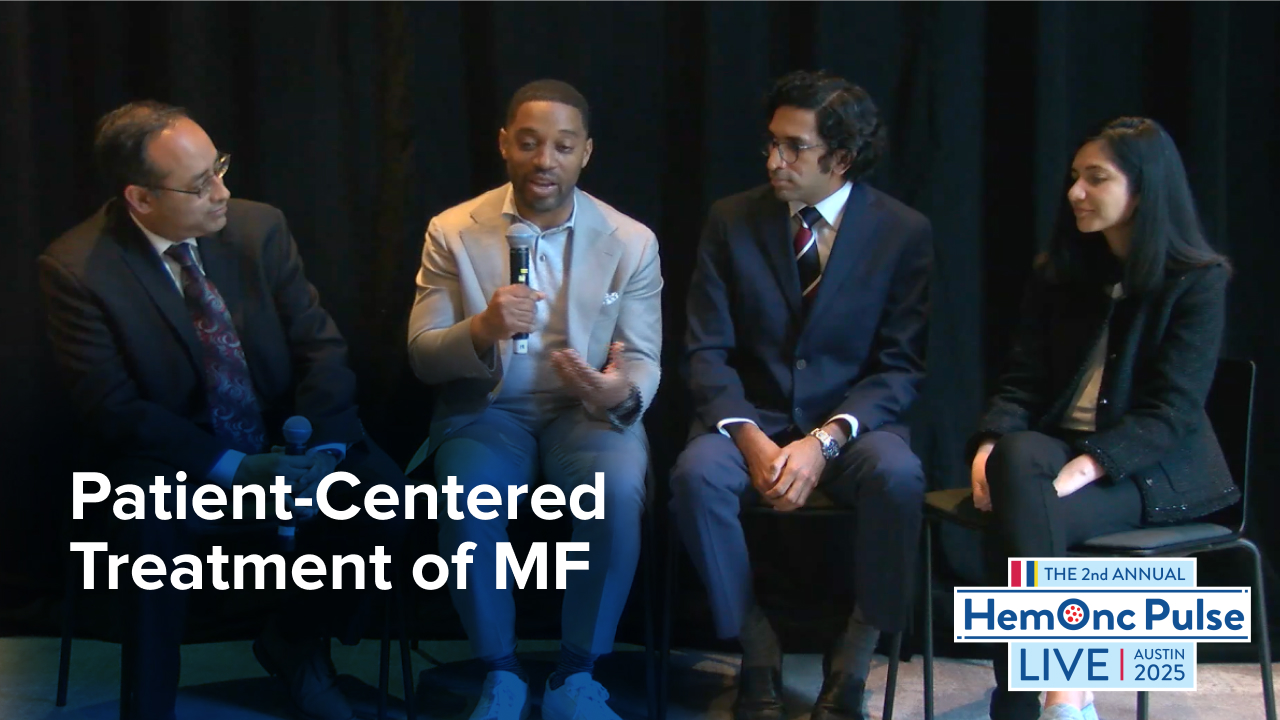
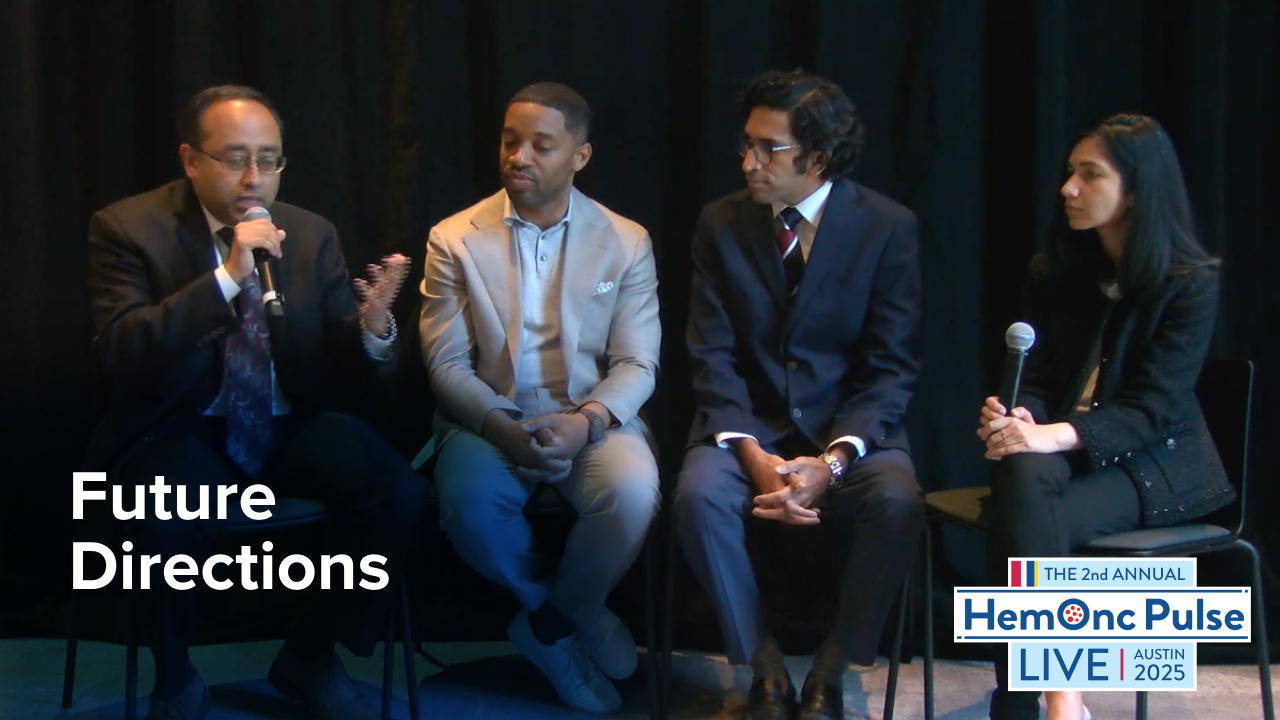
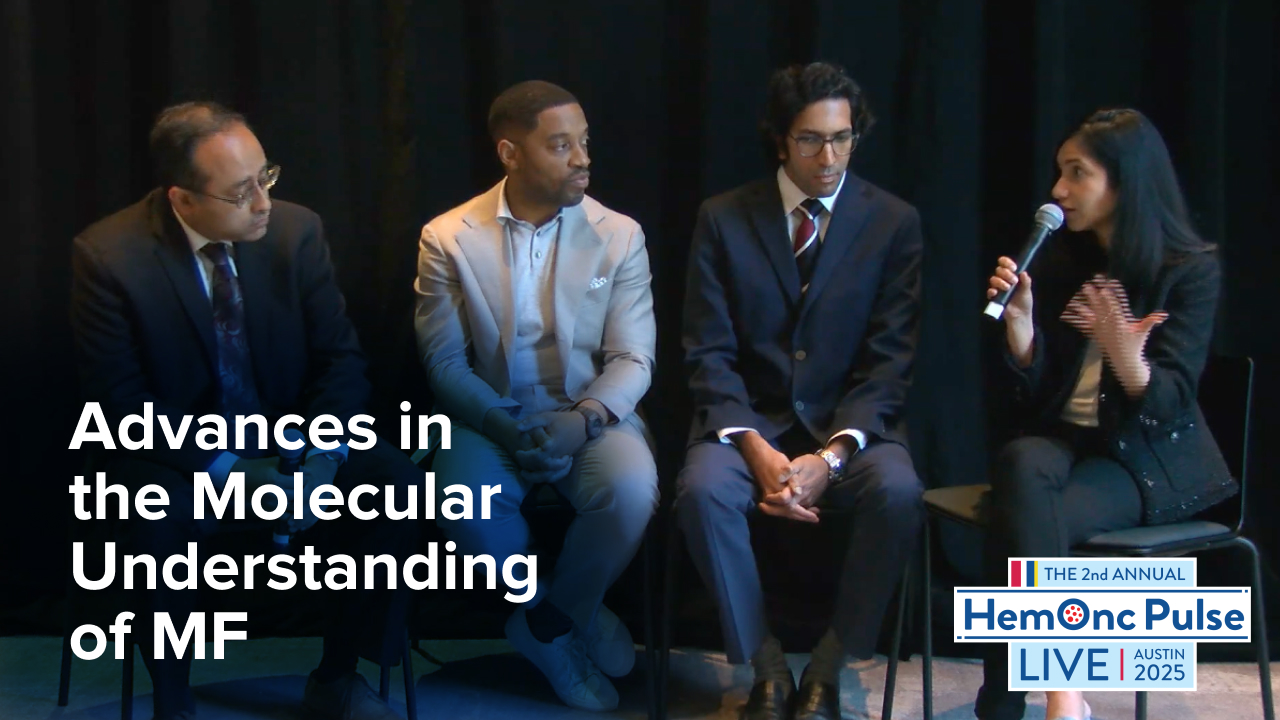
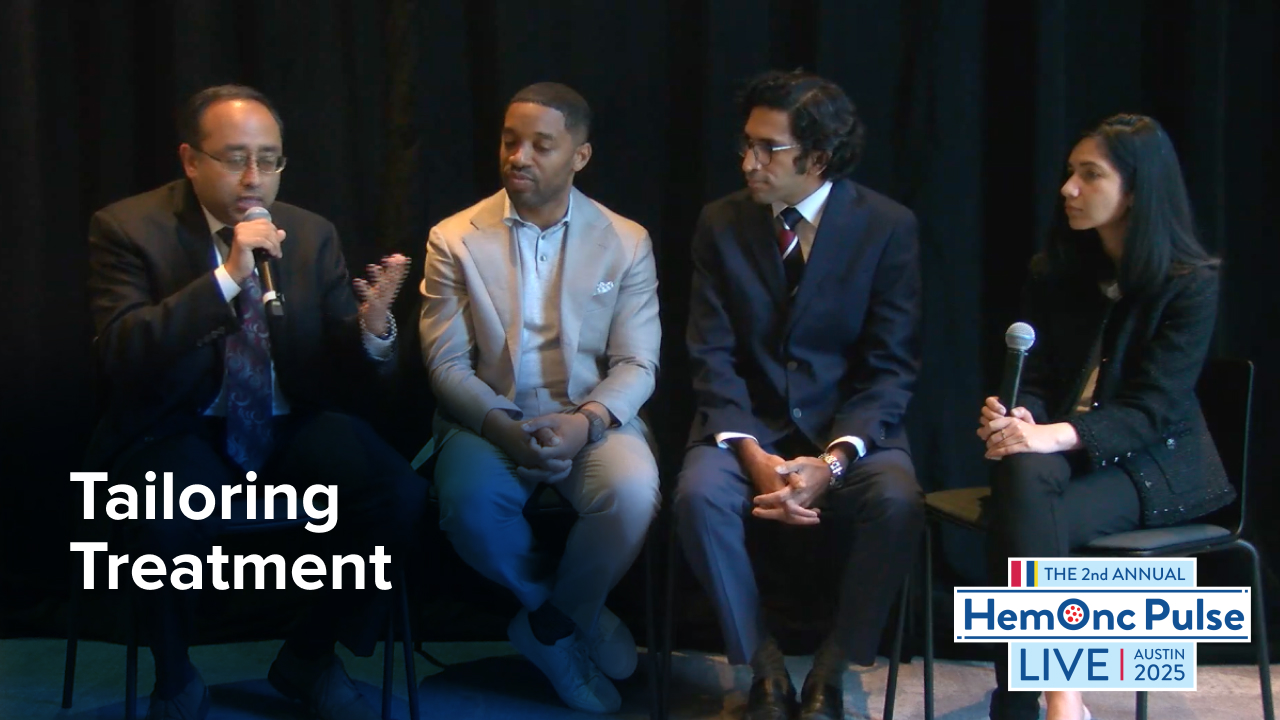
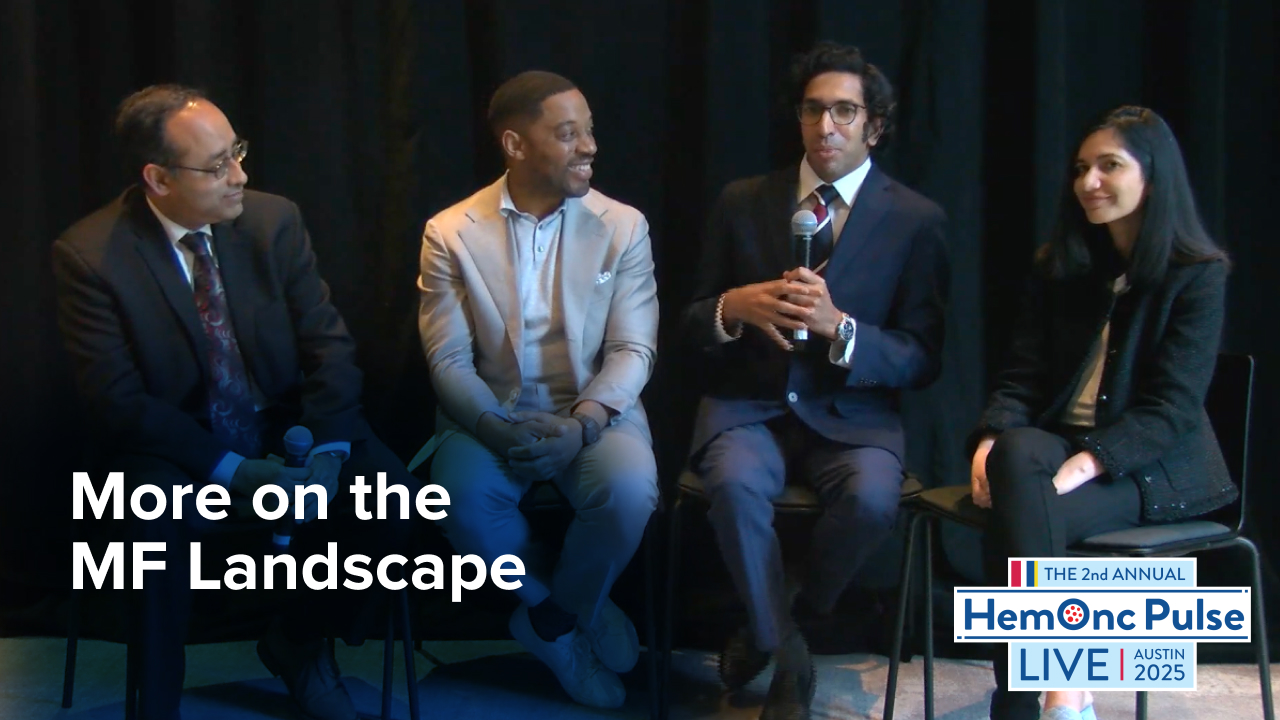
 © 2025 Mashup Media, LLC, a Formedics Property. All Rights Reserved.
© 2025 Mashup Media, LLC, a Formedics Property. All Rights Reserved.